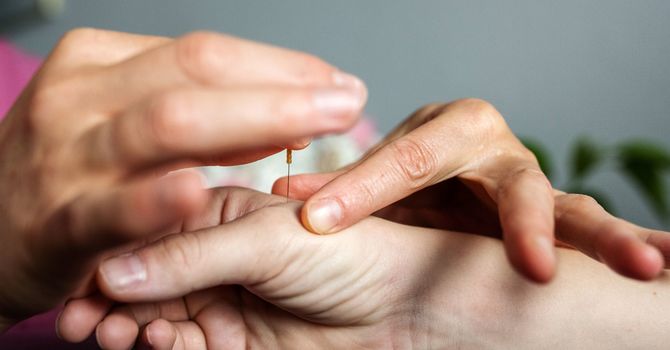
As a results-oriented practitioner with an undergraduate degree in molecular biology, I am always looking at the research to see what kinds of treatments and supplements are most effective for specific complaints. Most of the time, the paper will make a statement similar to this: “While the mechanism of action for acupuncture is unknown, the results show that it is effective for X condition, but further studies are needed.” In other words, “Acupuncture seems to work despite our doubts, and we don’t understand why.” Sometimes the research outcomes are less positive than what we acupuncturists actually see in our practices, and I would love to explain why I believe this is happening.
You see, acupuncture is not like biomedicine. We do not use a certain set of acupuncture points for a specific disease. You just can’t write a prescription that will work for every person with that disease. In fact, we don’t treat diseases at all. In East Asian Medicine (EAM), we are treating the person in front of us. We are looking at our patient’s tongue, taking their pulse, and doing an extensive intake that looks at their entire range of systems, not just the one that seems to be imbalanced. This is how we treat the root cause, rather than just treating the symptoms.
Let’s look at headaches as an example. In EAM, the location and quality of the headache will determine one aspect of the diagnosis and treatment, but we are also looking at a patient’s overall health pattern. What kind of emotional life are you experiencing? Do the headaches occur at a specific time of day or season? What is your menstrual cycle like? There are a myriad of patterns and diagnoses possible, which would elicit a completely different treatment plan. This makes the current research model all but impossible to apply because it just doesn’t lend itself to complex systems. And let’s face it, humans are complex systems!

Ursa Shapla
Contact Me



